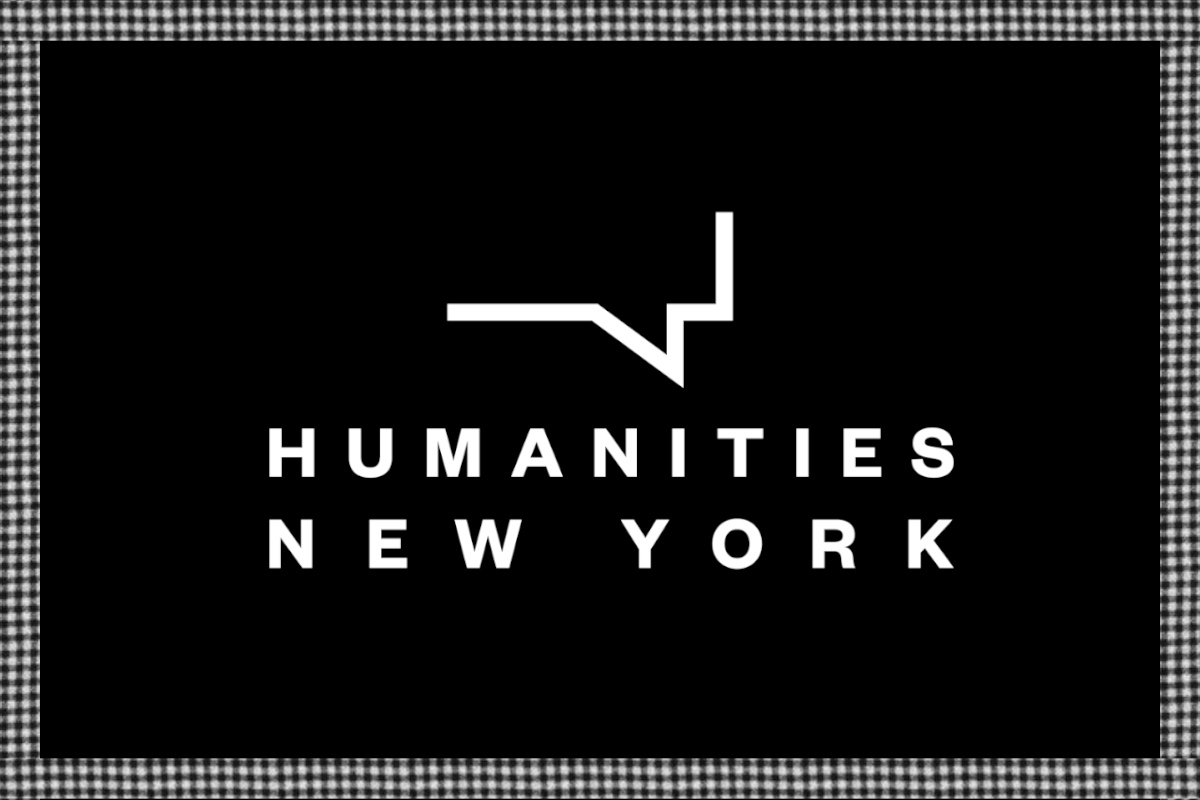HNY is continuing its Online Community Conversations series with a discussion on “Democracy and Trust Today.” Issues of democratic trust – and distrust – are not unique to today, of course, but the pervasive social isolation; differing dispositions toward public health and the economic reboot; and varying infection and mortality rates are adding another set of complications to our already distrustful and polarized society.
To complement these online conversations, we have curated a brief selection of texts that examine the interdependencies and tensions between trust and democracy (readings are not required to participate). Not all of these directly confront “trust and the coronavirus,” but each offers a provocation and a challenge to us to think through the unstable but essential connection between trust and democratic possibility.
Each of these selections is available online, free of charge.
Some readings to get you started…
“Turning Strangers Into Political Friends,” by Danielle Allen
Danielle Allen’s Talking To Strangers: Anxieties of Citizenship Since Brown v Board of Education has had a strong influence on HNY’s conversation-based programs. This excerpt focuses on one of Allen’s essential arguments: for a democracy to flourish, members of its electoral minority must be able to trust in the good faith of majority rule.
“Songs of Myself 16 & 26,” by Walt Whitman
Whitman is considered America’s preeminent practitioner of what we could call democratic poetics. In these two brief selections from “Song of Myself,” the heart of Whitman’s most durable creation, the poet brings harmony to democracy’s cacophony.
“What People Power Looks Like in A Pandemic Democracy,” by Corey Robin
Robust democracy requires true civic engagement, efforts that go beyond social media declamations and casting ballots for a presidential candidate. Our current isolation obstructs this kind of engagement, though. This essay, an overview of the history and theory of what we might call democratic isolation, asks the urgent question: “if we cannot gather to assemble or vote, much less deliberate, in what sense can we have a democracy?”
“How Americans Combat Individualism by the Principle of Self-Interest Rightly Understood” and “Unlimited Power of the Majority in the United States, and its Consequences,” excerpts from Democracy in America,” by Alexis de Tocqueville.
Tocqueville’s book has long been a touchstone for thinking through the convolutions of American society. These chapters, less transparent than they first appear, provoke reflection on long-standing assumptions about the character of both our nation and its residents.
“Save Our Public Universities: In Defense of America’s Best Idea,” by Marilynne Robinson.
Although best known as one of our accomplished contemporary novelists, Robinson also writes powerful nonfiction. Attempts to summarize Robinson’s thinking are alway risky. Let’s just say that this essay beautifully winds its way around the history of American higher education and illuminates how literacy, broadly defined, is necessary for human dignity and democracy.
“Who, the People?” by Astra Taylor
Documentary filmmaker Astra Taylor chases the question of who can truthfully be said to constitute the “we” in We the People.
“No Man’s Land,” by Eula Biss
Other than the Whitman poems, this remarkable meditation on fear and suspicion is the most “literary” piece on this list. Biss’s essay prompts us to think about whether it’s possible to ever truly trust our neighbors when fear is seen as one of the more important kinds of intelligence.
“Trauma, Trust, and Time,” by Katherine Hawley.
In this short essay, Hawley opens a discussion on how people can or cannot learn to trust in the wake of trauma, particularly in light of how people can be differently impacted by the same events. Essential questions to ponder as we all move on our path through the bramble of Covid-19’s 2020.
“Red and Blue America are not Experiencing the Same Pandemic,” by Ronald Brownstein.
On what basis can you hope to build trust amidst a pandemic when people can’t even agree on the illness that’s sickening and killing them?
“The State of American’s Trust in Each Other Amid the Covid-19 Pandemic,” by Lee Rainie and Andrew Perrin.
This essay is part of the Pew Research Center’s recent package on “Trust, Facts, and Democracy.” The entire project is worth the time, but this piece’s focus on interpersonal trust during Covid-19 is essential to understanding our current moment.
“Truth and Politics,” by Hannah Arendt
Hannah Arendt’s perceptions about the darkness of contemporary political life have few rivals. One of Arendt’s shorter classic pieces — and an incredible reminder of the kind of writing that once appeared in popular magazines! — this profoundly pertinent and expansive essay explores, in part, how uncomfortable facts can be deformed into “opinions” through systematic distortions and misinformation.
Videos
Christopher Lebron at “Democracy and Distrust”
In 2016 Humanities New York launched “Democracy in Dialogue,” a series of town halls, focus groups, and programs that explored the state of trust in New York. In this short clip, excerpted from the opening forum, philosopher Christopher Lebron discusses James Baldwin’s ideas about trust and responsibility, to ourselves and to others, and how Baldwin’s ideas apply today.
James Baldwin speaking on the Dick Cavett Show
This video clip, its fierceness heightened by its short length, vivisects the difficulty of trust between America’s African American and white communities.
Don’t miss a conversation, sign up for our Newsletter.
Reading list compiled by Michael Washburn, Director of Programs, with help from fellow HNY staff members.


